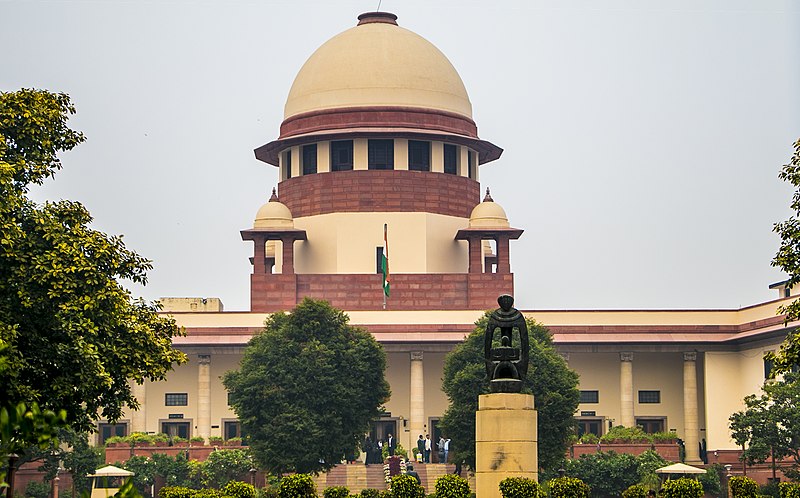(A) Penal Code, 1860, Section 302 – Arms Act, 1959, Section 25 – Murder – Disclosure statement – Evidence of recovery of the weapon at the instance of the appellant cannot be accepted as reliable –It create a serious doubt about the truthfulness of the prosecution case -Held that the benefit of the doubt must be extended to the appellant – It can also be said that once the evidence of recovery is disbelieved, it was a case of no evidence as the eyewitnesses did not support the prosecution – Impugned judgment and order passed by the High Court and the judgment and order passed by the Additional Sessions Judge liable to be quashed and set aside insofar as the appellant ‘K’ and he stands acquitted of the offences alleged against him. (Para 11 and 12)
(B) Penal Code, 1860, Section 302 – Arms Act, 1959, Section 25 – Evidence – Disclosure statement – Neither PW-1 nor PW-3 supported the prosecution – According to the versions of PW-15 and PW-20, the appellant allegedly made a disclosure statement that he had kept a country-made pistol along with two cartridges wrapped in a polythene bag in front of the Plaza building – Theory of prosecution regarding recovery held to be very suspicious and doubtful – Recovery was allegedly made one month and four days after the occurrence – Recovery was made from open space in a garden – Thus, the place was easily accessible to many – Neither PW-15 nor PW- 20 have stated that the weapon and cartridges were buried underground and were recovered only after digging -Though independent witnesses were available, they were not made witnesses to the Panchnama made pursuant to the alleged statement made by the appellant – Held that as the recovery of the weapon at the appellant’s instance cannot be believed. (Para 8)
(C) Penal Code, 1860, Section 302 – Arms Act, 1959, Section 25 – Evidence Act, 1872, Section 27 – Evidence –Disclosure statement – According to the prosecution case, on 09th February 2004, the appellant led the police party to a place where he had thrown the dead bodies – However, dead bodies were already recovered on 05th January 2004 – Therefore, the place from which dead bodies were recovered was known to the police long before 09th of February 2004 – Held that it cannot be said that there was a discovery by the appellant of the place where dead bodies were kept – Therefore, that part of the statement of the accused, which records that he would show the place where he had thrown the dead bodies, is not admissible in evidence under Section 27 of the Indian Evidence Act, 1872. (Para 9)
SUPREME COURT OF INDIA
2024 STPL(Web) 59 SC
[2024 INSC 60]
Krishan Vs.State Of Haryana
Criminal Appeal No. 2351 of 2011-Decided on 25-1-2024
https://stpllaw.in/wp-content/uploads/2024/04/2024-STPLWeb-59-SC.pdf







